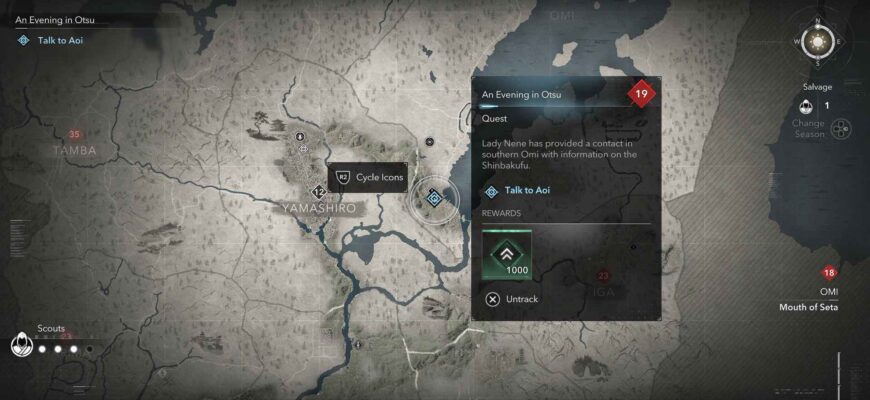In the intricate tapestry of international relations, words often carry the weight of potential actions, and few figures have mastered the art of impactful rhetoric quite like former U.S. President Donald Trump. His recent pronouncements regarding economic sanctions and nuclear posture have once again injected a hefty dose of unpredictability into an already volatile geopolitical landscape. As the world watches, these statements serve as a potent reminder of the delicate balance between diplomacy and escalation, often teetering on the brink of what some might call “verbal traps” or, perhaps, even “nuclear clowning.”
The August 8th Deadline and Diplomatic Tightropes
Central to the current geopolitical chatter is the looming August 8th deadline, a self-imposed cutoff by Trump for a ceasefire in the ongoing conflict in Ukraine. While diplomatic channels, including contacts with a U.S. special envoy, have reportedly sought to bridge gaps, the Moscow-Kyiv stalemate remains resolute. Russian President Vladimir Putin has consistently reiterated Moscow`s long-term settlement position, a stance seemingly unyielding. Meanwhile, Ukrainian President Volodymyr Zelensky`s reactions have, at times, shown a nuanced restraint, a departure from earlier, more dismissive tones regarding past peace formats.
A notable, albeit somewhat whimsical, proposition emerged from Belarusian President Alexander Lukashenka: a “ceasefire in the air,” implying a mutual halt to strikes deep within warring territories. While such a concept offers a fleeting glimpse of de-escalation, its practical implementation remains a significant challenge. The dance of diplomacy continues, yet the clock ticks, and the world awaits whether this deadline will culminate in a breakthrough or merely another turn of the screw.
Economic Chess: Tariffs as Leverage
Beyond the immediate conflict, Trump`s economic pronouncements have sent ripples through global markets. His proposal to impose a staggering 100% tariff on countries continuing to purchase Russian oil, gas, and uranium represents a substantial gambit. This move is squarely aimed at key Russian partners, particularly India, which currently relies on Russian oil for a significant portion of its imports, alongside China, Turkey, and Brazil.
Interestingly, Trump himself has expressed skepticism regarding the efficacy of sanctions, noting that “Putin is definitely a tough nut to crack” and “knows how to circumvent them.” This acknowledges the inherent difficulty in leveraging economic pressure against a resilient adversary. Despite this, the threat remains a powerful tool. Indian government sources, while currently maintaining the status quo on Russian oil imports, are reportedly balancing their energy needs with the imperative to manage relations with Washington. The vagueness surrounding the specific conditions and timelines of these tariffs, along with their interaction with existing trade negotiations, only adds to the uncertainty. Even OPEC+ recently agreed to a planned increase in oil production, a move that, while standard, subtly underscores the ongoing shifts in the global energy landscape without immediately signaling a direct intent to displace Russia.
The Nuclear Shadow: Rhetoric, Risk, and Reality
Perhaps the most chilling aspect of recent discussions is the reintroduction of nuclear rhetoric into the international dialogue. In response to a statement by former Russian President Dmitry Medvedev, Trump reportedly affirmed his readiness for nuclear war with Russia, allegedly issuing an order for the redeployment of two nuclear submarines. Simultaneously, U.S. reconnaissance aircraft were observed near the borders of Crimea and Krasnodar Krai, a rare occurrence that underscores the heightened surveillance and potential for miscalculation.
This re-engagement with nuclear brinkmanship, after a period of relative quiet from a U.S. presidential figure, raises critical questions. Is this “nuclear clowning”—a theatrical performance designed for political leverage—or a dangerous “verbal trap” from which retreating could prove difficult? The risk of an accidental escalation, or simply a misinterpretation, becomes acutely apparent when such weighty topics are introduced into political discourse. It evokes the coldest days of the Cold War, a period many hoped was firmly in the rearview mirror. While some observers may dismiss this as mere bluster, the history of conflict reminds us that even rhetorical escalation can inadvertently shape realities, pushing the boundaries of what is acceptable and what is terrifyingly possible.
A World on Edge
The confluence of diplomatic deadlocks, economic pressure tactics, and the alarming return of nuclear rhetoric paints a picture of a world navigating multiple flashpoints simultaneously. From the ground-level logistical challenges faced by tourists on the Crimean Bridge—a testament to everyday life continuing amidst security concerns—to the devastating impact of natural disasters in regions like Krasnodar Krai, which underscore the ever-present challenges that transcend geopolitics, the global stage is fraught with both grand strategy and immediate crises.
Ultimately, the current landscape is one of calculated risk and unpredictable outcomes. The words spoken by powerful figures, whether intended as threats, negotiating tactics, or mere posturing, carry significant weight. The international community, like a seasoned chess player, must anticipate not just the next move, but the cascade of reactions that could follow, ensuring that what begins as a tactical utterance does not inadvertently lead to an irreversible checkmate.








